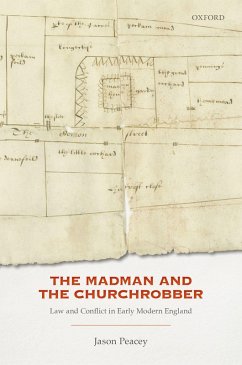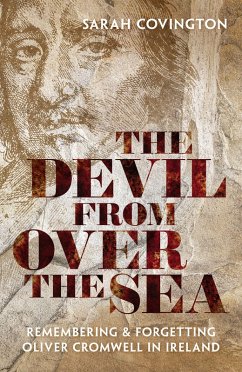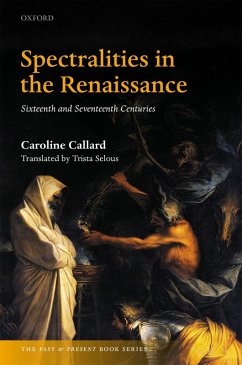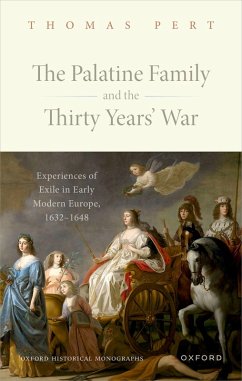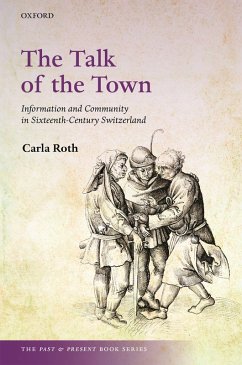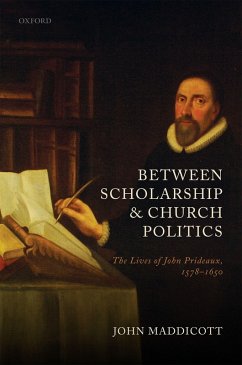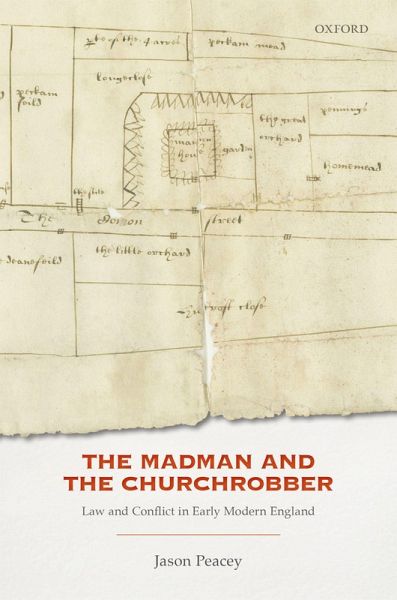
The Madman and the Churchrobber (eBook, PDF)
Law and Conflict in Early Modern England
Versandkostenfrei!
Sofort per Download lieferbar
20,95 €
inkl. MwSt.
Weitere Ausgaben:

PAYBACK Punkte
10 °P sammeln!
This microhistory reconstructs and analyses a protracted legal dispute over a small parcel of land called Warrens Court in Nibley, Gloucestershire, which was contested between successive generations of two families from the mid-sixteenth century to the early eighteenth century. Employing a rich cache of archival material, Jason Peacey traces legal contestation over time and through a range of different courts, as well as in Parliament and the public domain, and contends that a microhistorical approach makes it possible to shed valuable light upon the legal and political culture of early modern...
This microhistory reconstructs and analyses a protracted legal dispute over a small parcel of land called Warrens Court in Nibley, Gloucestershire, which was contested between successive generations of two families from the mid-sixteenth century to the early eighteenth century. Employing a rich cache of archival material, Jason Peacey traces legal contestation over time and through a range of different courts, as well as in Parliament and the public domain, and contends that a microhistorical approach makes it possible to shed valuable light upon the legal and political culture of early modern England, not least by comprehending how certain disputes became protracted and increasingly bitter, and why they fascinated contemporaries. This involves recognising the dynamic of litigation, in terms of how disputes changed over time, and how those involved in myriad lawsuits found legal reasons for prolonging contestation. It also involves exploring litigants' strategies and practices, as well as competing claims about the way in which adversaries behaved, and incompatible expectations of the legal system. Finally, it involves teasing out the structural issues in play, in terms of the social, cultural, and ideological identities of successive generations. Ultimately, this dispute is employed to address important historiographical debates surrounding the nature of civil litigation in early modern England, and to provide new ways of appreciating the nature, severity, and visibility of political and religious conflict in the decades before and after the English Revolution.
Dieser Download kann aus rechtlichen Gründen nur mit Rechnungsadresse in A, B, BG, CY, CZ, D, DK, EW, E, FIN, F, GR, HR, H, IRL, I, LT, L, LR, M, NL, PL, P, R, S, SLO, SK ausgeliefert werden.




